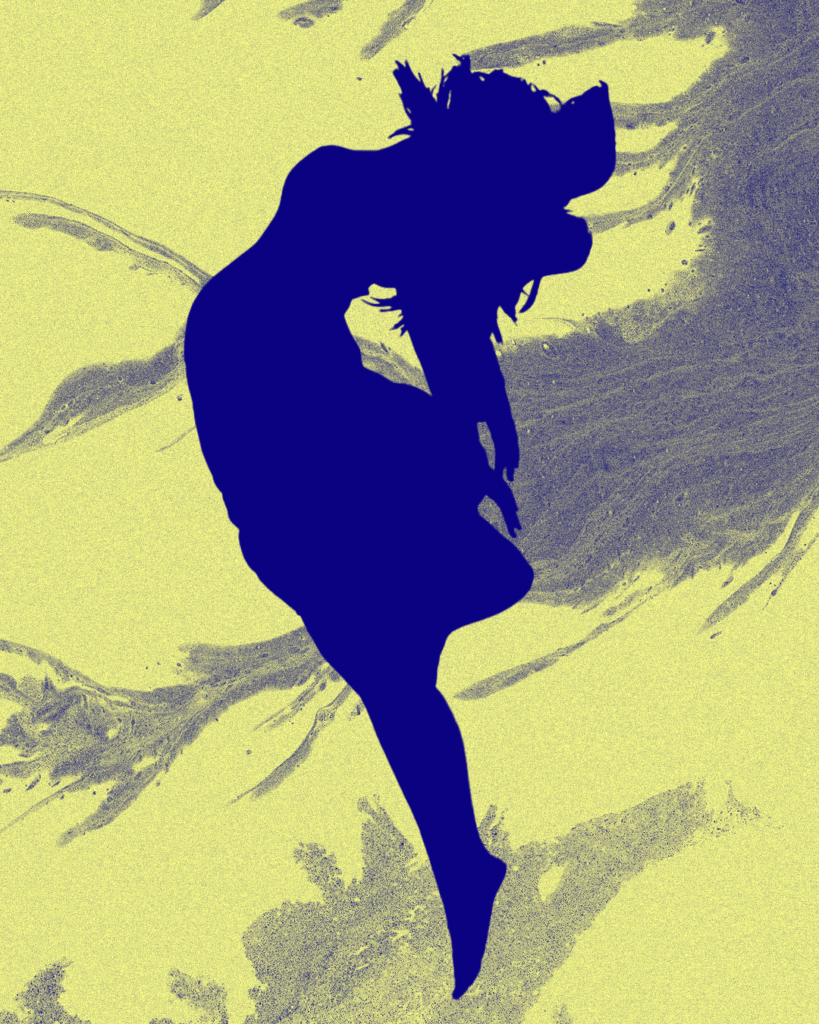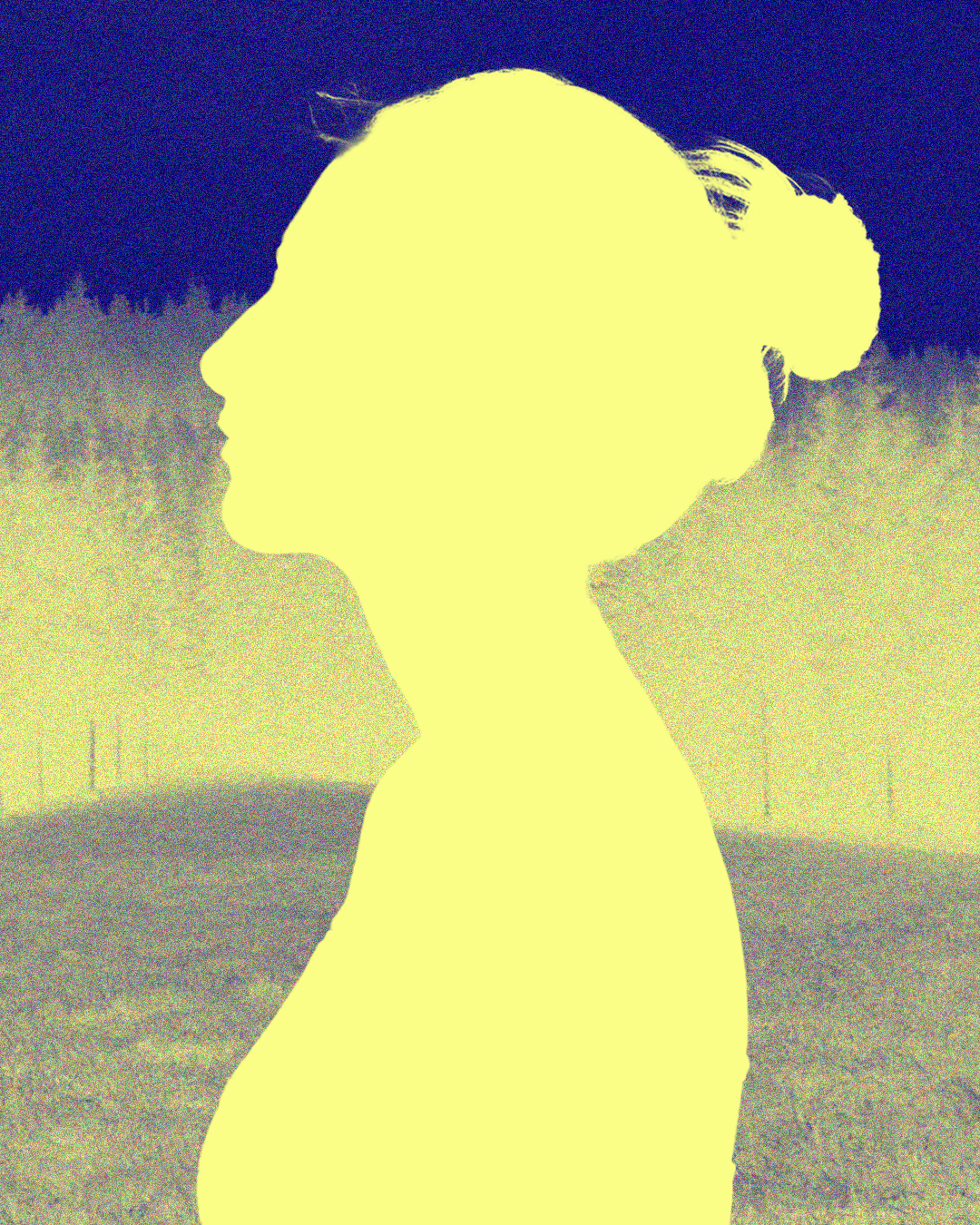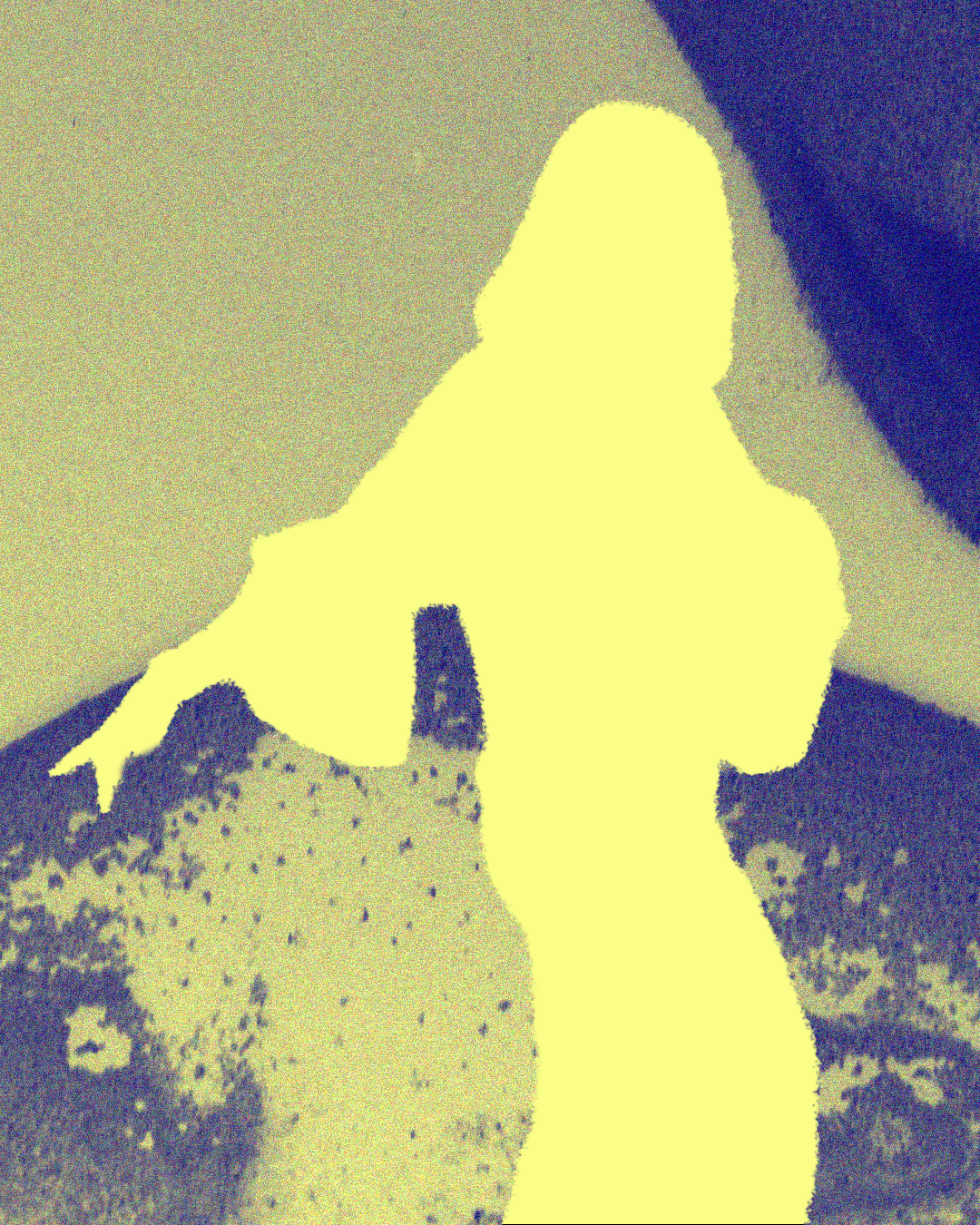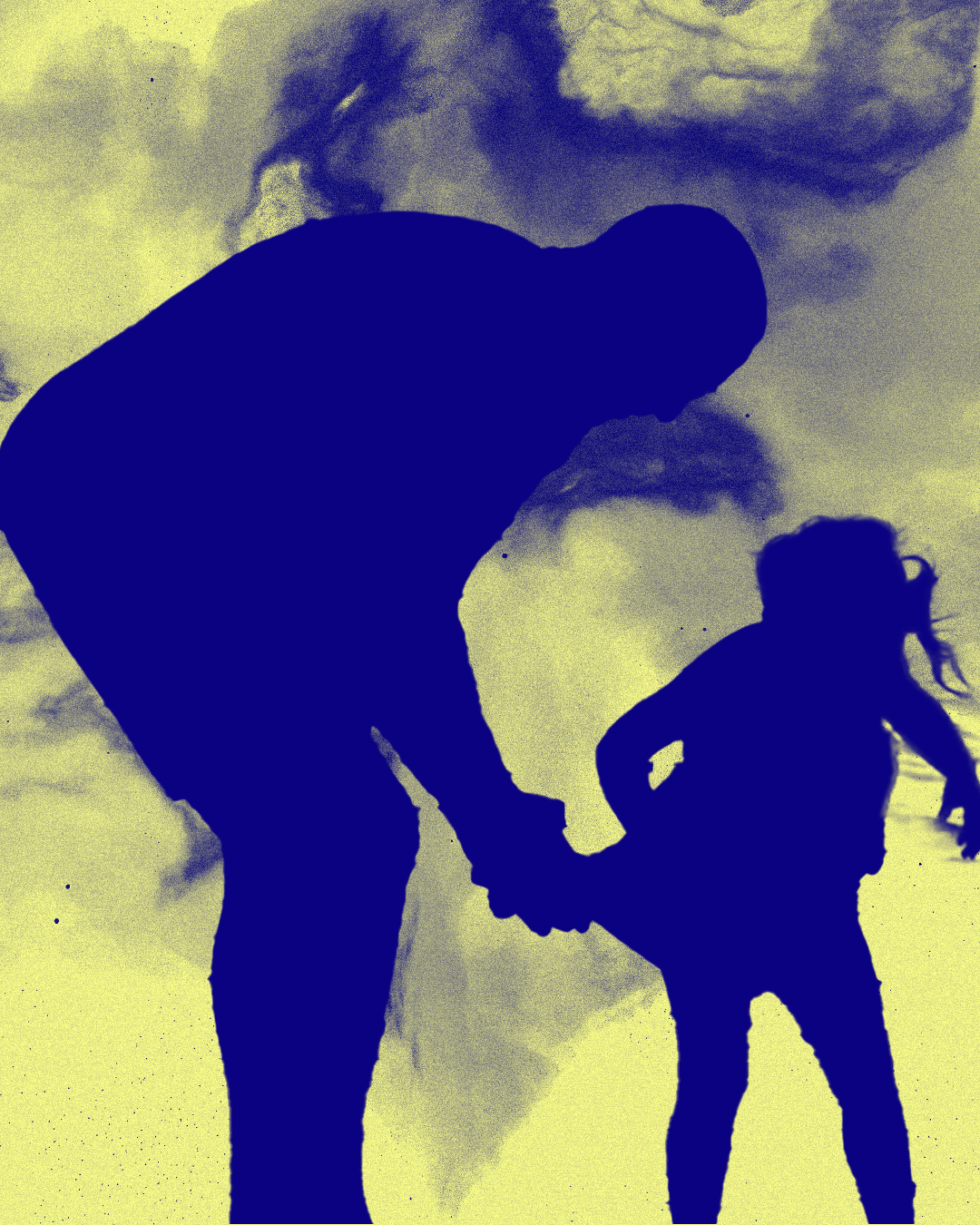These are the five wounds I carried from the absence of a healthy early bond:
- Rejection
- Abandonment
- Betrayal
- Injustice
- Humiliation
As a fully dependent child, forming a healthy bond with a caregiver is essential — it’s what reassures us that we will survive. When that bond is broken by neglect, rejection, abandonment, betrayal, humiliation, violance or any other mistreatment at the hands of our beloved guardian, it creates a terrifying fracture.
No bond with our protector means no support system.
And no support system, to a child, equals danger.
Even death.
This truth is too overwhelming to comprehend.
So we freeze.
We cannot flee.
We cannot fight.
So we adapt.
Our brain focuses solely on survival.
We create a bond with the abuser.
Because any bond is better than no bond.
We learn the rules of the game — and we play along.
We suppress our natural anger, our outrage, our pain.
Because acknowledging that our caregiver is the source of harm would threaten our sanity. It’s a truth too heavy to carry. So we protect ourselves from it by developing layers of defense.
Often, the first is the belief that it must be our fault.
As children, we see our parents not as people — but as the world itself.
Their voice becomes the voice of reality.
Their reflection of us becomes our self-image.
If they love us, the world is loving.
If they accept us, the world accepts us.
But if they reject us —
The whole world rejects us.
If they abandon us —
The whole world abandons us.
If they betray us —
The world is a place of betrayal.
If they treat us unjustly —
The world becomes unfair and unsafe.
If they humiliate us —
We believe the world exists to humiliate us too.
This is how the wounds of childhood shape the lens through which we view everything. This is how a broken bond becomes the blueprint for our inner and outer world. And this is why healing that bond — within ourselves — is so vital.




